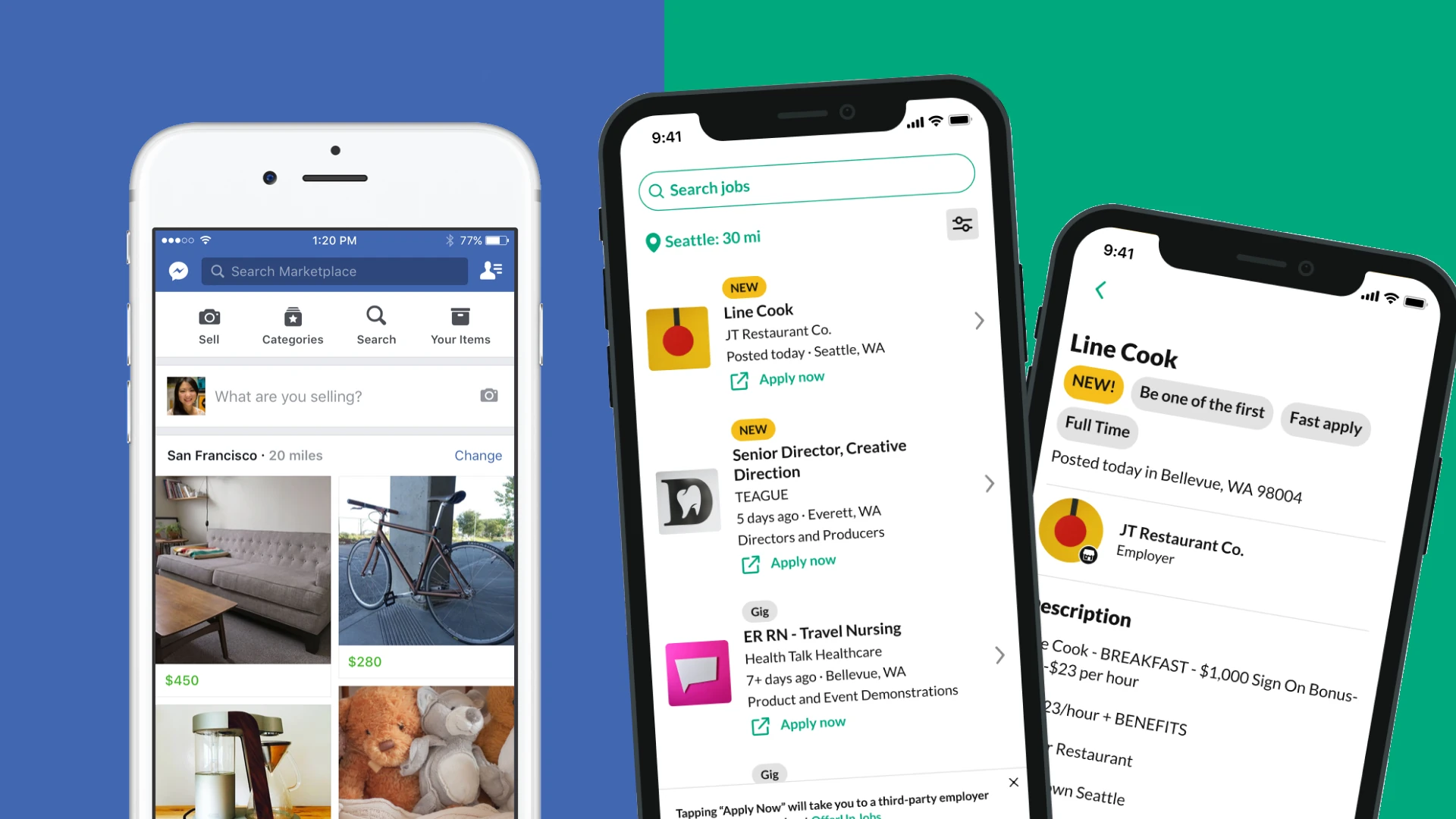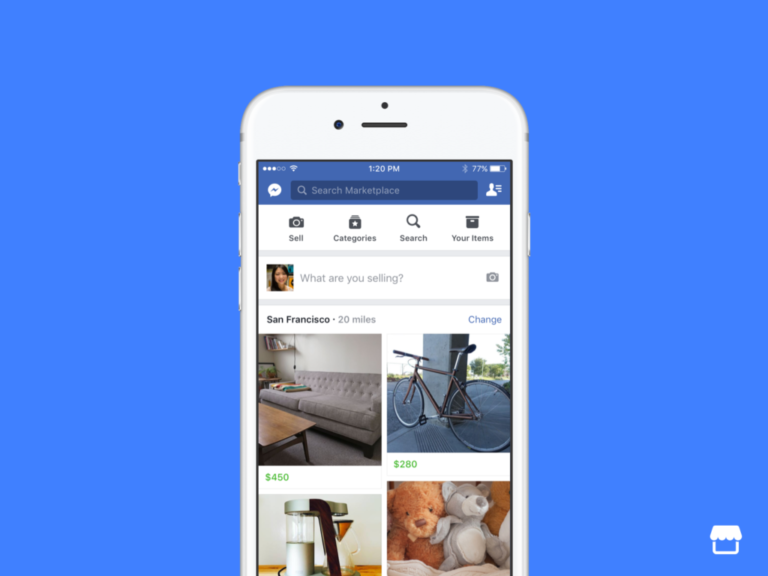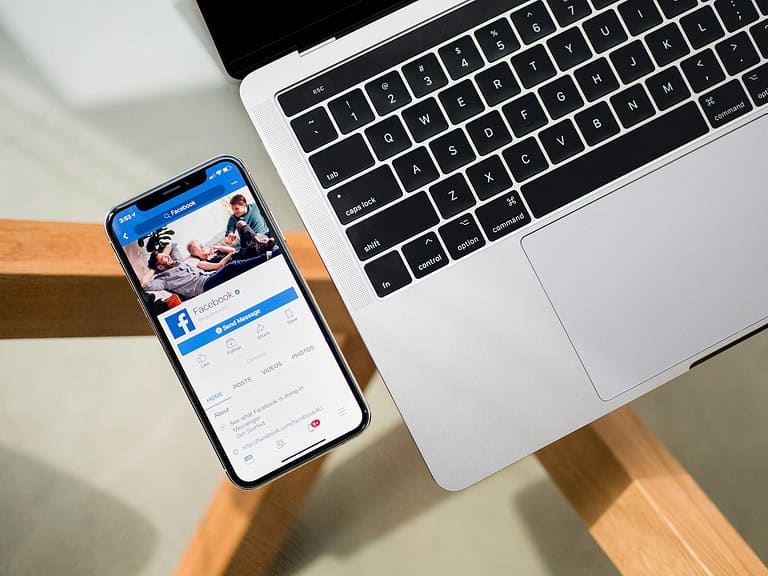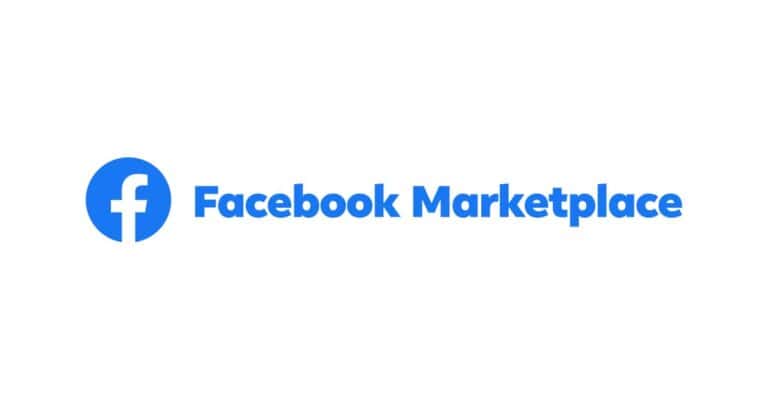
When choosing between Facebook Marketplace and OfferUp for selling items locally, each platform offers distinct advantages. Facebook Marketplace leverages the vast user base of the social network, providing sellers with wide exposure to potential buyers. OfferUp, a dedicated buying and selling app, focuses on user safety and streamlined transactions.
Both platforms are free to use and allow users to list items quickly, but OfferUp’s verification system adds an extra layer of security for transactions. Facebook Marketplace benefits from integration with personal profiles, which can increase trust between buyers and sellers. However, this also means less anonymity compared to OfferUp.
OfferUp stands out with its national reach, allowing sellers to expand beyond local markets if desired. Facebook Marketplace excels in local selling, especially when combined with neighborhood groups. The choice between the two often comes down to personal preference and specific selling needs.
Choosing Between Facebook Marketplace and OfferUp
Facebook Marketplace and OfferUp are two popular platforms for buying and selling used goods locally. But which one is right for you? Let’s break down their key differences to help you decide.

Reach and Audience
- Facebook Marketplace: With its massive user base, Facebook Marketplace offers a wider reach. This means your listings are more likely to be seen by a larger audience, increasing your chances of a sale.
- OfferUp: While OfferUp has a smaller user base, it’s still a significant platform, especially in certain regions. It might be a good option if your target audience is concentrated in a specific area where OfferUp is popular.

Communication and Safety
- Facebook Marketplace: Since it’s integrated with Facebook, you can easily see the profiles of potential buyers or sellers. This can provide some level of trust and accountability.
- OfferUp: OfferUp allows for anonymous communication, which can be a plus for privacy-conscious users. However, it also means you have less information about the people you’re interacting with.
Features and Fees
- Facebook Marketplace: It’s completely free to use, with no listing fees or commissions. It also offers features like shipping integration and buyer protection for certain transactions.
- OfferUp: OfferUp is also free for basic listings, but it offers paid options to boost your listings’ visibility. It also has features like in-app payments and nationwide shipping.

User Experience
- Facebook Marketplace: It’s known for its user-friendly interface and ease of use. Listing items is straightforward, and the platform is generally well-organized.
- OfferUp: OfferUp also offers a decent user experience, but some users find its interface slightly less intuitive than Facebook Marketplace.
Table: Facebook Marketplace vs. OfferUp
| Feature | Facebook Marketplace | OfferUp |
|---|---|---|
| Reach | Larger audience | Smaller, more localized audience |
| Communication | Uses Facebook profiles | Allows for anonymous communication |
| Fees | Free | Free for basic listings, paid options for promotion |
| Shipping | Integrated shipping options | Nationwide shipping available |
| Buyer Protection | Offered for certain transactions | Buyer protection through its 2-Day Purchase Protection program. |
| User Experience | User-friendly interface | Decent, but potentially less intuitive |
Pros and Cons Of Each Platform
Facebook Marketplace
Integrated with Facebook, Marketplace allows you to browse and list items directly within the Facebook app or website. It leverages your existing Facebook network, making it easy to connect with potential buyers and sellers you might already know.
Pros:
- Large user base: Tap into Facebook’s massive network of users.
- Easy to use: If you’re familiar with Facebook, Marketplace is intuitive.
- Integrated with Facebook: Connect with potential buyers and sellers within your existing network.
- Variety of items: Find everything from furniture and electronics to clothing and collectibles.
Cons:
- Privacy concerns: Your Facebook profile is linked to your Marketplace activity.
- Potential for scams: Be cautious of fraudulent listings and sellers.
- Limited seller tools: Fewer features for managing listings and communicating with buyers compared to OfferUp.
OfferUp
OfferUp is a dedicated app and website specifically designed for local buying and selling. It offers a more streamlined and focused experience for those who primarily want to buy and sell used goods.
Pros:
- User-friendly interface: The app is clean and easy to navigate.
- Strong seller tools: Features like listing promotion and in-app messaging make it easier to manage sales.
- Safety features: OfferUp offers features like user ratings and TruYou identity verification to enhance trust and safety.
- Nationwide shipping: Option to ship items across the country, expanding your reach.
Cons:
- Smaller user base compared to Facebook Marketplace.
- Potential for scams: Like any online marketplace, be cautious of fraudulent activity.
- Service fees for shipping: OfferUp charges fees for shipping items.
Choosing the Right Platform
The best platform for you depends on your priorities and preferences.
| Feature | Facebook Marketplace | OfferUp |
|---|---|---|
| User Base | Larger | Smaller |
| Ease of Use | Very easy, especially for Facebook users | Easy, dedicated app and website |
| Seller Tools | Limited | More robust |
| Safety Features | Basic | More comprehensive |
| Shipping | No option for shipping | Nationwide shipping available |
Key Takeaways
- Facebook Marketplace offers wide exposure through its large user base
- OfferUp provides enhanced safety features and optional national reach
- Both platforms are free and easy to use for local selling
Comparative Overview of Facebook Marketplace and OfferUp
Facebook Marketplace and OfferUp are popular platforms for buying and selling items locally. They offer different features and user experiences for online selling.
Platform Accessibility and User Experience
Facebook Marketplace is part of the Facebook app. Users need a Facebook account to access it. This integration with Facebook makes it easy for many people to use. The interface is simple and familiar to Facebook users.
OfferUp is a standalone app. It doesn’t require a social media account. The app has a clean design focused on buying and selling. OfferUp offers a verification system for users. This can increase trust between buyers and sellers.
Both platforms let users browse items by category or search for specific things. They show local listings first but also allow broader searches.
Ease of Listing and Selling Items
Creating a listing on Facebook Marketplace is quick. Users can add photos, descriptions, and prices easily. The platform doesn’t charge listing fees. Sellers can share listings to Facebook groups for more visibility.
OfferUp also makes listing items simple. The app guides users through the process step-by-step. Like Facebook, OfferUp doesn’t charge listing fees. It offers options to promote listings for a fee.
Both platforms let sellers communicate with buyers through built-in messaging. OfferUp provides suggested meet-up spots for safe transactions. Facebook relies on users to arrange their own meet-ups.
OfferUp allows nationwide shipping. This expands the potential customer base beyond the local area. Facebook Marketplace focuses more on local sales but has started offering shipping options too.

Table: Facebook Marketplace vs. OfferUp – A Detailed Comparison
| Feature | Facebook Marketplace | OfferUp |
|---|---|---|
| Listing Fees | Free | Free for basic listings, optional fees for promoting listings |
| Selling Fees/Commission | None | None |
| Payment Processing | Cash, Venmo, PayPal, Facebook Pay (for shipped items) | Cash, OfferUp Payments (for shipped items) |
| Shipping Options | Integrated with Facebook Shipping for eligible items | Nationwide shipping available through OfferUp |
| Buyer Protection | Purchase Protection offered for items bought with Facebook Pay and shipped through Facebook Shipping | No official buyer protection program |
| Dispute Resolution | Limited support from Facebook, relies heavily on user communication | OfferUp support team can assist with disputes for transactions using OfferUp Payments |
| Verification | Users are connected to their Facebook profiles | Optional TruYou identity verification |
| Communication | Through Facebook Messenger | In-app messaging system |
| Local Focus | Strong emphasis on local buying and selling | Caters to both local and nationwide transactions |
| Best for | Sellers who want a large audience and easy listing process; buyers who value familiarity and social connections | Sellers who want more control over promotion and shipping; buyers comfortable with a less-established platform |
Financial Aspects and User Protection Policies
Facebook Marketplace and OfferUp have different approaches to fees and user safety. These differences can impact your selling experience and financial outcomes.
Costs Associated with Selling
Facebook Marketplace is free to use for listing items. Sellers keep all profits from local sales. For shipped items, Facebook charges a 5% fee or a flat $0.40 for items under $8.
OfferUp allows free local listings. For items shipped nationwide, they take 12.9% of the sale price. This fee covers payment processing and buyer protection.
Both platforms may have shipping fees for non-local sales. These costs can vary based on item size and distance.
Buyer and Seller Protection Measures
OfferUp uses stricter identity verification methods. This helps reduce fraud risks. They also offer transaction protection for shipped items.
Facebook Marketplace relies on existing Facebook accounts. This can make it easier for scammers to create fake profiles.
OfferUp provides buyer protection for shipped items. This covers issues like items not received or not as described.
Facebook offers limited protection. They mainly provide a platform for buyers and sellers to connect.
Both services have reporting systems for suspicious activity. Users should stay alert for common scams like overeager buyers or requests to move off-platform.
Frequently Asked Questions
Facebook Marketplace and OfferUp have key differences in user experience, fees, and protection. Each platform suits different selling needs and item types.
What are the key differences between selling on Facebook Marketplace and OfferUp?
Facebook Marketplace links to personal accounts. OfferUp uses a separate app. Facebook offers wider reach through existing networks. OfferUp lets sellers ship items nationwide.
OfferUp’s shipping option expands the potential buyer pool. Facebook keeps transactions local by default.
How do user experiences compare between Facebook Marketplace and OfferUp?
OfferUp has a more streamlined interface for buying and selling. Facebook Marketplace integrates with the main Facebook app.
OfferUp offers in-app messaging. Facebook uses Messenger for communication. Both platforms let users rate transactions.
What are the benefits of using OfferUp over Facebook Marketplace for buyers and sellers?
OfferUp provides a verification system for users. This adds security to transactions. The app focuses solely on buying and selling.
Sellers can promote listings on OfferUp for more visibility. Buyers benefit from OfferUp’s cleaner, dedicated marketplace design.
How do fees and costs differ between Facebook Marketplace and OfferUp?
Facebook Marketplace is free to use. OfferUp charges fees for promoted listings and shipping.
Shipping fees on OfferUp vary by item size and distance. Facebook keeps most transactions local, avoiding shipping costs.
Which platform between Facebook Marketplace and OfferUp offers better protection for users?
OfferUp provides more built-in safety features. These include user verification and in-app messaging.
Facebook relies on personal account connections. This can deter some scammers. OfferUp offers buyer protection for shipped items.
What types of items sell better on Facebook Marketplace compared to OfferUp?
Large, local items often do well on Facebook Marketplace. This includes furniture and appliances. The platform’s local focus suits these transactions.
Collectibles and smaller items may perform better on OfferUp. Its shipping option helps reach more buyers for these goods.






